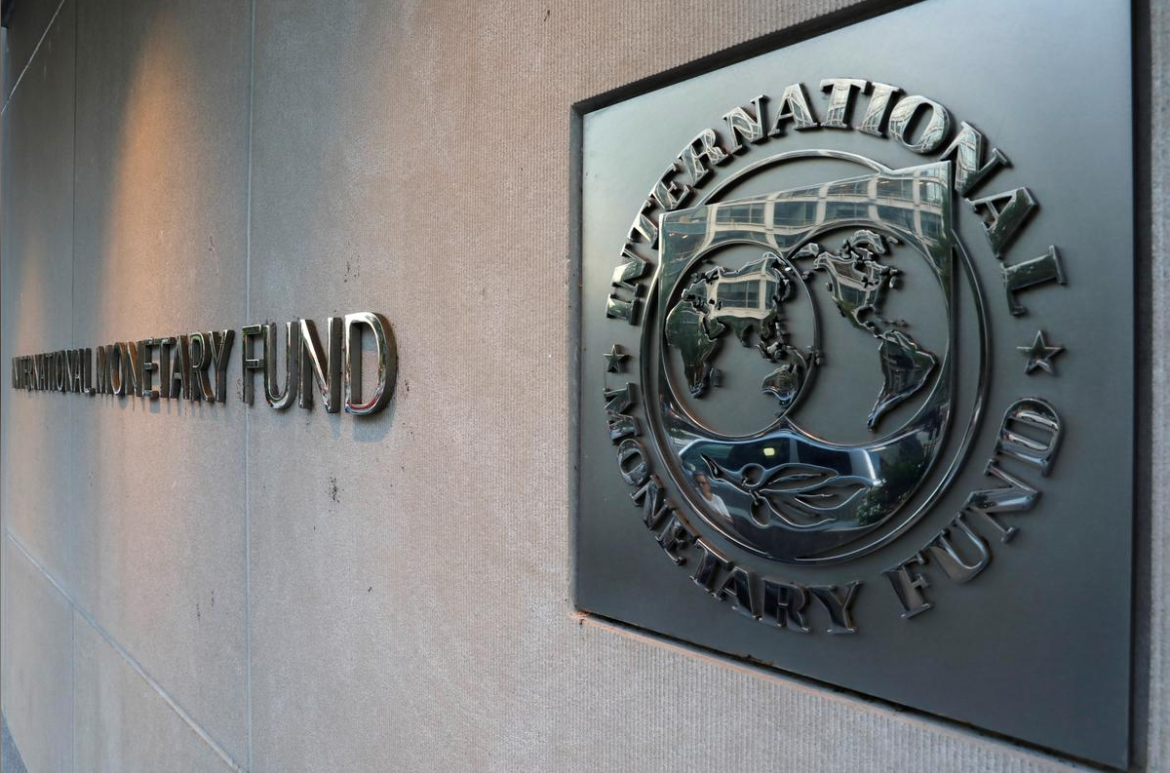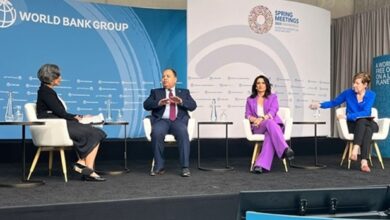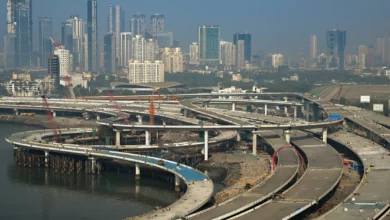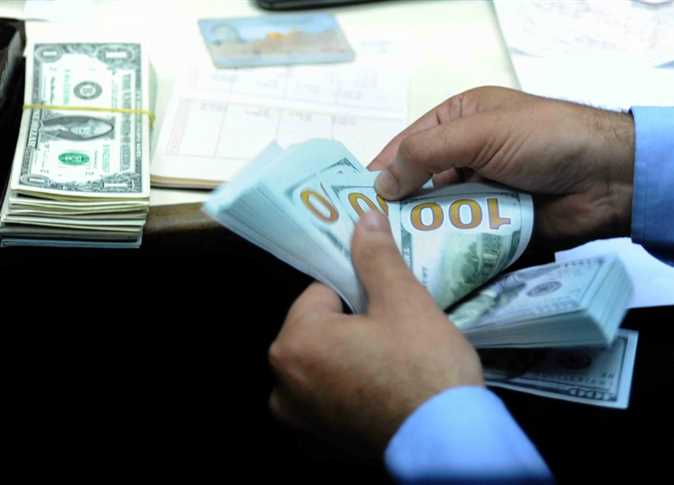When Finance Minister Samir Radwan announced earlier this week the interim government’s budget proposals for the coming fiscal year, he faced an impossible task: trying to appeal to the revolution’s demands for social justice, while also pleasing the business elite and Egypt’s poor. It was inevitable that the budget would not go far enough in any direction to please everyone.
“The budget is a reflection of the country’s political balance,” said Wael Gamal, an economic analyst and the managing editor of the independent newspaper Al-Shorouq.
Currently, Egypt is in political upheaval. In the absence of parliament, Radwan was forced to engage the public in the same manner as the ruling Supreme Council of the Armed Forced (SCAF) and the rest of his government – through dialogue with arbitrarily selected representatives from business, academic, and activist circles.
With no parliament in place, SCAF will have the final say on an issue that will affect the country long after its reign – and that of the interim government – is over.
The opposing calls for consistency, as represented by past budgets built on crony-capitalism and liberal economics, and social justice, as demanded by revolutionary forces, leave the Ministry of Finance in an unenviable position.
“One main positive effect of the revolution is the imposition of certain new standards as to what must be done with the budget,” said Gamal.
Many elements of the budget reflect that new political reality in Egypt, with increased allocation to programs like healthcare, education and subsidies for essential commodities.
The minimum wage for government employees went up to LE700 from LE400, though most labor activists believe it should be pushed still higher. Independent economist Ahmed el-Naggar published an influential study last year delineating reasons and means for raising the wage to LE1200, the figure most commonly demanded by activists.
“In fact, if we adjusted standards of living to inflation since 1980, wages should now be around LE2000. This goes to show how much the standard of living for the poor has dropped,” said Helmy al-Rawy, head of the Budgetary and Human Rights Observatory.
This is the first time since 1984 that a budget has included a new minimum wage.
Spending on education and healthcare increased 14 percent and 19 percent respectively, though combined they account for only 16 percent of the total budget.
The majority of these increases bypass the 10.9 percent expected rate of inflation this year, meaning that they represent substantive policies of increasing government support for the poor.
“We must admit this is a coup for the revolution, since a lot of these increases would not have been seen before,” said Gamal. "It reflects the current reality that Egypt’s poor have imposed themselves on the political arena," he added.
This “coup” also extends into the tax structure. For the first time since former President Hosni Mubarak's economic reform program began in 1991, the budget introduces progressive taxation. Companies and private income over LE10 million will be subject to a 25 percent tax up from 20 percent in the previous law.
Egyptian budgets have always included subsidies on staple goods and petroleum products as a main feature. But some fear that these subsidies end up benefiting business interests as much as they do the poor.
“We have to remove the subsidies for energy for the upper class and foreign companies,” says Naggar. “This is what will create jobs and help the economy.”
The new budget sees these subsidies increasing to around LE99 billion, close to 20 of the total budget.
The Ministry of Finance, on the other hand, sees them as part of the government’s social program to alleviate the pressure on the poor.
Removing petroleum subsidies alone would recover the lion’s share of Egypt’s LE164 billion budget deficit, which equals about 11 percent of GDP. And, according to Ahmed Ghoneim, a professor of economics at Cairo University, the option was discussed in some of Radwan’s meetings.
“A majority of the deficit is going towards fulfilling the social dimensions of the new budget. We must assess if it was able to go far enough in spending on these dimensions,” said Ghoneim.
The budget does make some major cuts, though, including decreasing export subsidies by a third, from LE4 billion to LE2.5 billion. The majority of that LE1.5 billion will be reallocated to primary education.
At the same time, some economists, including Ghoneim, say this could pose a danger to Egypt’s overall economic health, as exports comprise a major source of income. Those pushing the social justice agenda, however, point out that small and medium-sized businesses rarely export, and business subsidies tend to benefit large corporations.
Some elements of the budget indicate that the government is pandering to investors and big business by dropping taxation on dividends from listed companies only a few days after suggesting it in the budget.
But beyond the specifics, the budget may suffer from a more fundamental problem.
“There needs to be a long-term vision,” said Ghoneim, who feels that a lack of forward thinking is keeping the government from enacting profound change on the social level.
Budgets tend to reflect the government’s strategy and philosophy for economic growth. According to Gamal, this budget falls short in that area. “Their view with regards to development is too reliant on pure growth as a model,” he said, asserting that the budget should focus on sustainable development and not follow in the footsteps of Mubarak’s government.
In the last 20 years, Egypt saw impressive GDP growth even as poverty levels increased around the country.
Rawy, of the Budgetary and Human Rights Observatory, thinks that instead of immediately increasing spending on some sectors, more effort could have been put into creating sustainable programs. “Why are we increasing spending on healthcare, when we should be using the money to create a national health insurance system?” he said.
Meanwhile, the interim government’s decisions will have long-term effects on the country’s finances, regardless of who takes power later on. The new budget includes a 40 percent increase on government investments, bringing it up to LE55 billion.
The spending increases put spending burdens on future governments, at a time when authorities could have taken the opportunity to focus on restructuring and planning.
“They should have enacted the clause in the Constitution for these cases that would allow them to extend the previous budget for a few months. That clause was written for situations such as these,” Gamal said.
Gamal thinks that Egypt’s revolutionaries should be encouraged by the budget’s move toward social justice. But, he says, more social pressure is needed, along with syndicate and political party work, to ensure that future budgets move in the same direction.
Just as the revolutionary forces are unsatisfied, so are business interests, who will undoubtedly continue to try exerting pressure on the government.
“Through the desire to please everyone, this budget falls short in both respects, growth and social justice,” Ghoneim said.




